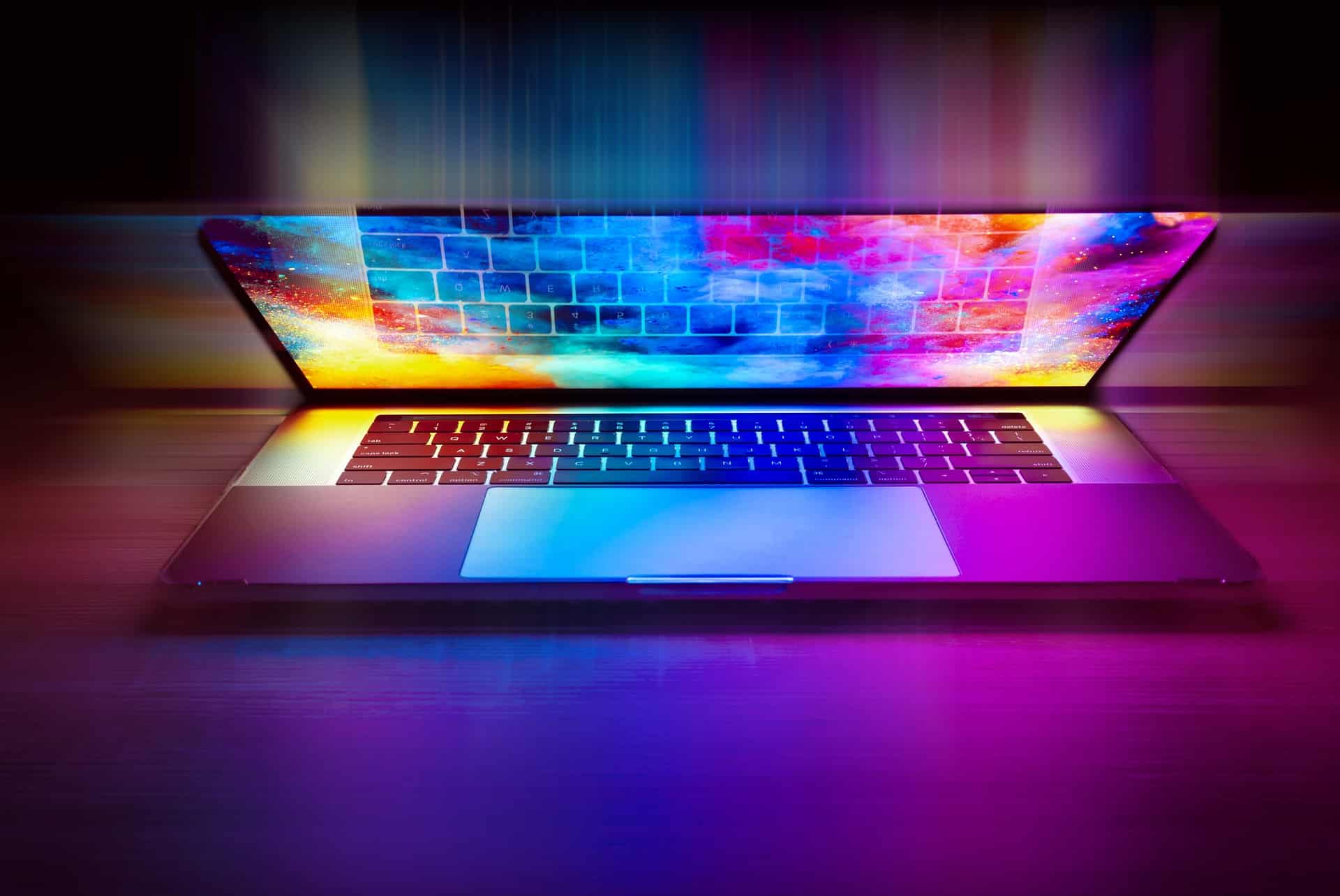Taylor Swift’s AI Leak Debacle: Ai and the Music Industry

In an unprecedented turn of events, global superstar Taylor Swift faced an unexpected challenge while recording her highly anticipated new album.- The Tortured Poets Department Artificial intelligence (AI) leaks of her unreleased music threatened to upend the entire production process, leaving Swift and her team scrambling to contain the damage. This incident raises critical questions about the role of AI in the music industry and the measures needed to protect artists’ intellectual property.
The Battle for Control: Taylor Swift vs. the AI
Taylor Swift is known for her tightly guarded creative process. She controls her image, narrative, and music releases with unwavering determination. AI leaks, especially those convincing enough to deceive fans, directly attack that control. It was as if an invisible force had infiltrated her studio, stealing not just her songs, but the power to dictate when and how the world heard them.

Swift’s team likely went into overdrive trying to contain the damage. Identifying the source of the leaks – whether a disgruntled insider, a security breach, or rogue AI algorithms – would have been a top priority. DMCA takedown requests probably flooded socia l media platforms and file-sharing sites, as attempts were made to erase any trace of the leaked content.
The disruption went beyond simple damage control. Swift thrives on building anticipation through calculated reveals. Leaked songs, regardless of their authenticity, rob her of that power, forcing her to adapt her promotional plan or risk her official releases feeling anticlimactic. It’s psychological warfare conducted in the digital realm
The Fan Frenzy: Authenticity and Ethics
Swifties are not just listeners; they are a dedicated community immersed in Taylor Swift’s artistic world. Leaks of potentially unfinished material sparked a profound ethical debate. Some fans felt it disrespectful to Swift and her craft to engage with the leaked content. Others argued that their love for her music justified listening to the songs regardless of how they surfaced.
The internet became a battleground of differing opinions. Posts urging fellow Swifties to boycott the leaks were met with accusations of gatekeeping. The sheer accessibility of the leaked material only amplified the dilemma. For some fans, the temptation to sneak an early peek behind the creative curtain, to dissect the “what-ifs” and “could-have-beens”, proved impossible to resist.
Debates surrounding the leak extended to the authenticity of the music itself. Could AI truly mimic Swift’s signature style, her knack for turning personal heartbreak into universal anthems? Some argued that the leaked tracks lacked her spark while others found them disturbingly accurate. The uncertainty became part of the story itself.
The Ai Leaks
In February 2023, Taylor Swift’s fans were ecstatic when snippets of her unreleased music began circulating online. However, their excitement was short-lived as it became apparent that these leaks were not intentional previews or promotional materials. Instead, they were the result of AI algorithms generating and disseminating unfinished, unmastered tracks from Swift’s upcoming album.
The leaks were traced back to a popular AI music generation platform, which had been trained on Swift’s previous works and had somehow gained access to her unreleased material. The platform’s algorithms had created and shared the leaked tracks, causing widespread panic among Swift’s team and the music industry at large.

Consequences and Containment Efforts for Ai
The AI leaks had far-reaching consequences for Taylor Swift and her team. The unreleased music, though unfinished, was met with mixed reactions from fans and critics, potentially influencing public perception of the upcoming album. Moreover, the leaks compromised the creative process, as Swift and her collaborators had to re-evaluate and re-work the affected tracks to avoid perpetuating the AI-generated versions.
To contain the damage, Swift’s team employed a multi-pronged approach:
- Takedown notices: They issued cease-and-desist letters and DMCA takedown notices to platforms hosting the leaked content, aiming to remove the AI-generated tracks from circulation.
- Fan engagement: Swift herself addressed the situation on social media, urging fans to respect her creative process and ignore the leaked material.
- Re-recording and re-working: The affected tracks were re-recorded and re-worked to differentiate them from the AI-generated versions.
- Enhanced security measures: Swift’s team implemented additional security protocols to prevent future AI leaks, including advanced encryption and access controls.
The Broader Implications
The Taylor Swift AI leak incident has significant implications for the music industry as a whole:
- Artistic ownership and control: The incident highlights the need for artists to maintain control over their work, particularly in the face of AI-generated content.
- Intellectual property protection: The music industry must adapt to the challenges posed by AI and develop effective measures to safeguard intellectual property.
- AI regulation: The incident underscores the requirement for regulations governing AI applications in the music industry, ensuring responsible use and preventing similar leaks in the future.
- Fan education: The incident serves as a reminder for fans to respect artists’ creative processes and avoid engaging with leaked or AI-generated content.

And Finally
The Taylor Swift AI leak debacle serves as a wake-up call for the music industry, emphasizing the need for vigilance in the face of emerging technologies. As AI continues to evolve and influence the creative process, it is crucial for artists, industry professionals, and fans to work together to protect intellectual property and ensure the integrity of artistic expression.
In the words of Taylor Swift herself, “Artists deserve to have control over their own music, and fans deserve to experience it the way it was intended. Let’s work together to keep the music industry a place where creativity and innovation can thrive.”







